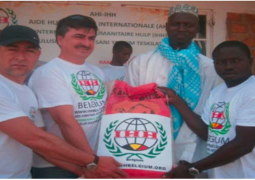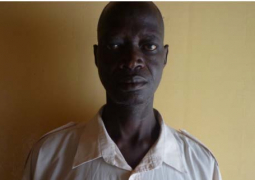Gambian young people are always a target for the country’s politicians, especially during elections.
Now that it is time for another presidential election, the young people should be asking the politicians what they plan to do for them.
Knowing fully that young people account for a greater percentage of the eligible voters, no politician would want to make the mistake of leaving them out in their campaign.
They are used to joining campaign trails to convince fellow youths and their parents and sisters to vote for the party of their choice.
Gambian youngsters need more skills centres, more decent jobs, access to quality healthcare, access to affordable and quality higher education, more recreational facilities, etc. We also want our rights and freedom to be respected at all times.
We (I mean the youth) know this very well! Now the question is what should stop us from telling these and many other problems we have to our politicians in a more responsible manner.
The politicians need our votes for them to get to State House and we need developments and beneficial projects and programmes they could do for us to change our lives for the better, if only they are committed to the course of developing the country and the youth.
The youth leaders in our communities who are normally chosen to speak on behalf of the young people at political rallies should not be selfish but rather tell the presidential aspirants what the youth really need.
Now that the official campaign is just about to start for the race to State House, we should put more pressure on politicians to make our welfare a priority.
Going by the records, it is clear that young voters in elections tend to be less reliable as far as voting figures are concerned as compared to older ones.
Many young voters can be considered unreliable segment since they most times do not turn out at the polls as consistently as older voters. This trend must change because our lives and future are determined by the votes or the type of people our nation votes in to run the affairs of our country, thus youth must be seen to be voting in large numbers to also contribute to the decision-making process of their country.
Young people of The Gambia should by now know the value of their votes and also realise the need for them to actively participate in the electoral process of the country.
Read Other Articles In Article (Archive)
Saamasang Federation holds 4th Annual Youth and Children Forum
Mar 10, 2011, 3:42 PM




